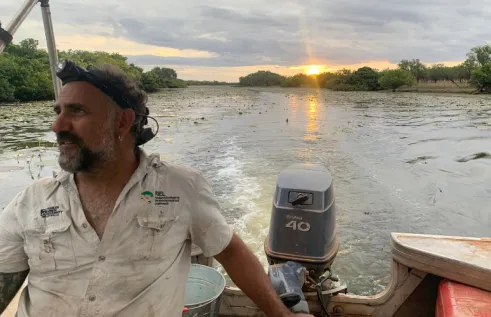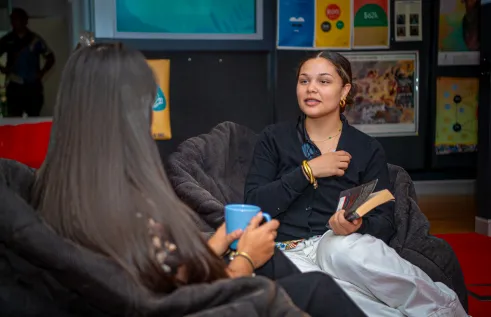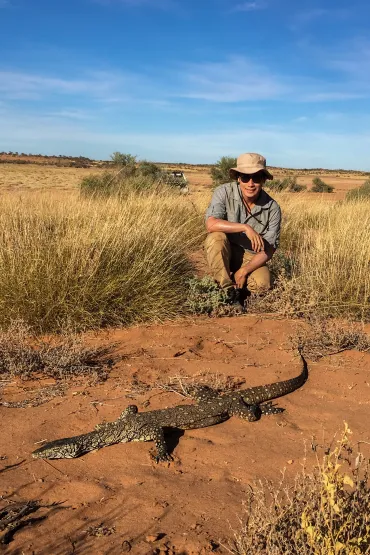RIEL seminar series
Chytridiomycosis and the mechanism of skin disruption (ONLINE ONLY)
| Presenter | Dr Nicholas Wu | |
|---|---|---|
| Date/Time |
to
|
|
| Contact person | E: RIEL.outreach@cdu.edu.au | |
| Location | Online only, via Zoom | |
| Open to | Public | |
Chytridiomycosis, a lethal skin disease caused by the fungal pathogen Batrachochytrium dendrobatidis (Bd), is responsible for many amphibian declines worldwide. Bd disrupts skin function, interfering with ionic and osmotic regulation. In this seminar, Dr Nicholas Wu will discuss his integrative work on understanding the causal mechanisms behind how the skin function is disrupted from Bd infection and how an under-studied behaviour, sloughing, can help sometimes mitigate or exaggerate pathogen-induced skin disruption.
Dr Wu earned his BSc in biological sciences from the University of Waikato, New Zealand, followed by a PhD in ecological physiology at The University of Queensland. From 2019–2021, he was appointed as a postdoctoral research associate at The University of Sydney, and is currently a postdoctoral research fellow at Western Sydney University. His main research area is in ecological and evolutionary physiology, with a focus on how changing environments constrain the physiology and life history of organisms while understanding the mechanisms for how they cope with environmental stressors.
Dr Wu's work primarily utilises vertebrates like reptiles, amphibians, fish, and bats as model systems, and he approaches his research from an integrative perspective, from molecular to whole-organism to macroecological responses.
Related Events

STATE OF THE DIS-UNION: Media Literacy in the age of AI
The CDU Library is hosting a free panel discussion featuring Northern Territory journalists who will discuss media literacy, truth, and storytelling in the AI era. Attendees can learn how AI is transforming media, ask questions, and improve their understanding of navigating information in today's landscape.
Read more about STATE OF THE DIS-UNION: Media Literacy in the age of AI
Trophic dynamics of free-flowing tropical rivers
Colton Perna's PhD research explores how river flows and flooding shape freshwater fish communities in tropical rivers, using fatty acids to track how hydrology influences food webs and nutritional pathways. His findings highlight the critical importance of river flow and floodplain connectivity in sustaining productive aquatic ecosystems.
Read more about Trophic dynamics of free-flowing tropical rivers
Why Cross‑Cultural Communication Matters in Indigenous-focused Research
A cross‑cultural research partnership grounded in respect, shared knowledge, and educational equity. Discover how collaboration shaped a transformative PhD journey.
Read more about Why Cross‑Cultural Communication Matters in Indigenous-focused Research
